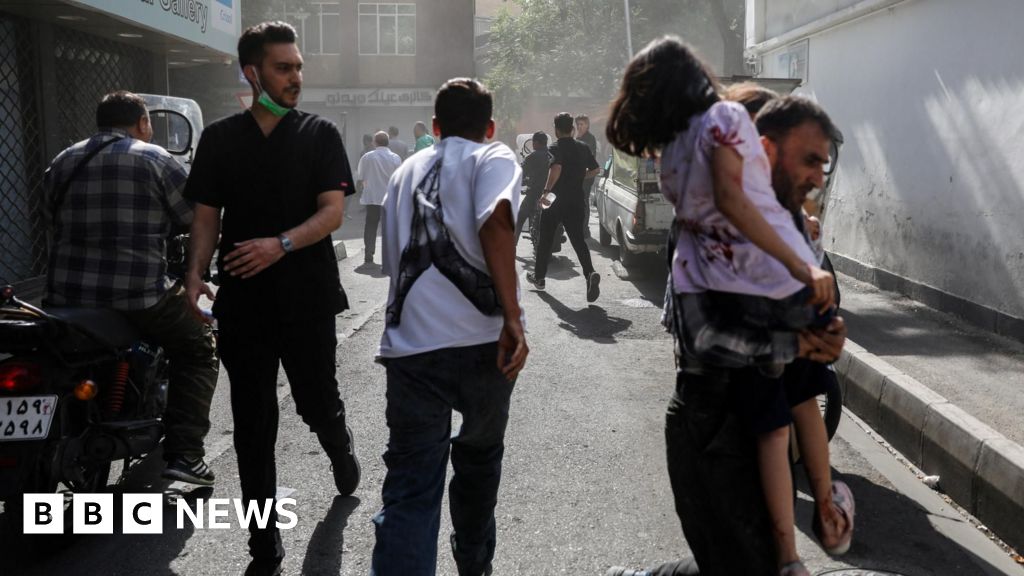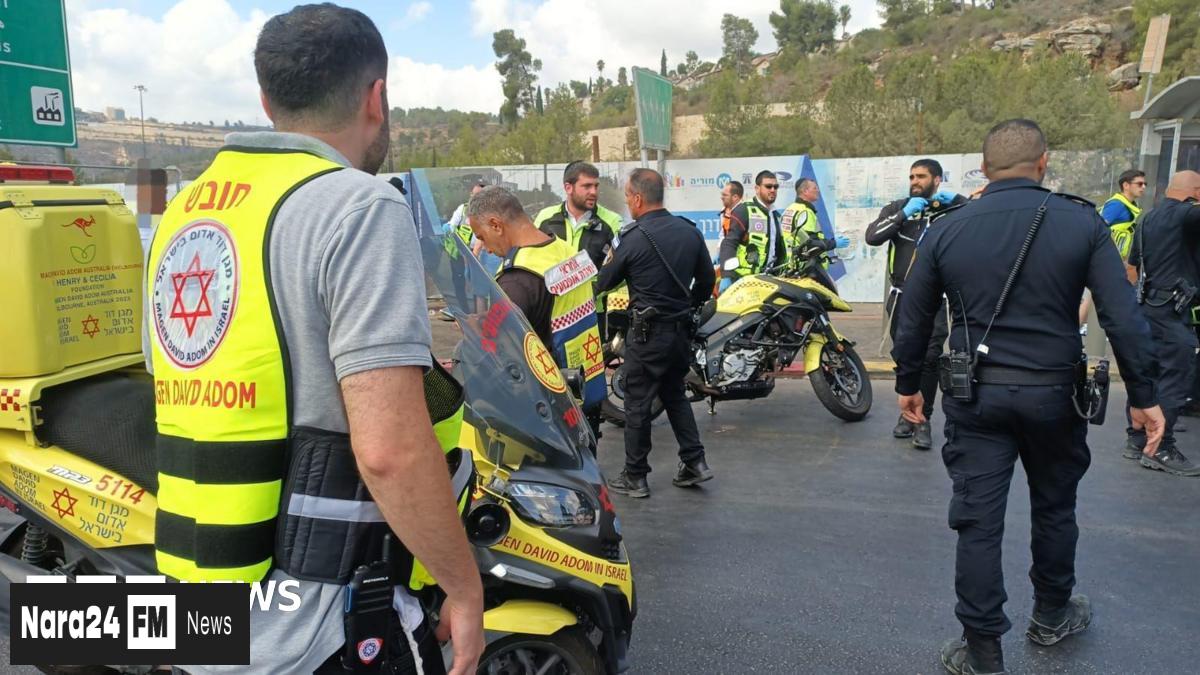Residents of Iran are voicing feelings of entrapment as the country endures a significant wave of Israeli airstrikes, which have intensified over the past few days. Many individuals have described their current situation as "stuck," with a palpable sense of urgency to escape the capital, Tehran, as one resident articulated in a conversation with BBC News Persian.
On Sunday, long lines formed at petrol stations as people attempted to flee to less populated areas, away from potential targets. However, heavy traffic made it challenging to leave the province, highlighting the desperation felt by many. "Tehran isn't safe, clearly," one individual lamented. "There are no alarms or warnings from officials regarding Israeli attacks. We only hear the blasts and pray our homes remain unharmed. But where can we go? Nowhere feels safe."
As the conflict escalates, Israeli airstrikes have prompted retaliatory missile attacks from Iran. Reports indicate that at least ten lives have been lost in Israel, with Iranian sources claiming that 128 have died due to the strikes as of Saturday afternoon. One person who managed to relocate from Tehran expressed the difficulty of accepting the reality of living in an active war zone, stating, "This is not my war. I just want to survive with my family."
Many residents are grappling with sleepless nights and fear reminiscent of past conflicts. One woman recounted her experiences from the Iran-Iraq war in the 1980s, noting, "Back then, we at least had air raid sirens to warn us. Now, there are no such warnings, and the uncertainty is overwhelming." For the younger generation, who were born after the war, the current situation is foreign and terrifying.
Another Tehran resident shared her thoughts on the possibility of leaving the city, "We all want to escape to smaller towns or villages, but many of us have family members who cannot leave, so we are concerned for them." The emotional toll of the ongoing attacks is evident, with residents expressing feelings of fear, exhaustion, and anguish.
Amid the chaos, communication has become increasingly difficult due to unstable internet connections, complicating efforts to stay in touch with loved ones. Some Iranians abroad are sending messages, hoping for responses from those still in the country. Additionally, warnings from the Israeli military urging residents to vacate areas near military sites have heightened tensions in Tehran.
In a separate development, Israeli Prime Minister Benjamin Netanyahu reached out to the Iranian populace, urging them to unite for their freedom. However, local reports suggest that this message has not gained significant traction among those facing the immediate threat of violence.
What has particularly shocked many Iranians is the destruction of residential buildings, a stark reminder of the realities of war, which many thought were behind them since the end of the Iran-Iraq war. Confusion and fear permeate the streets as residents question the extent of the attacks and how best to protect themselves and their families.
As the situation continues to unfold, the people of Tehran are left to navigate a climate of anxiety and uncertainty, hoping for a resolution to the violence that has shattered their sense of security.








Comments (0)
Leave a Comment
Be the first to comment on this article!